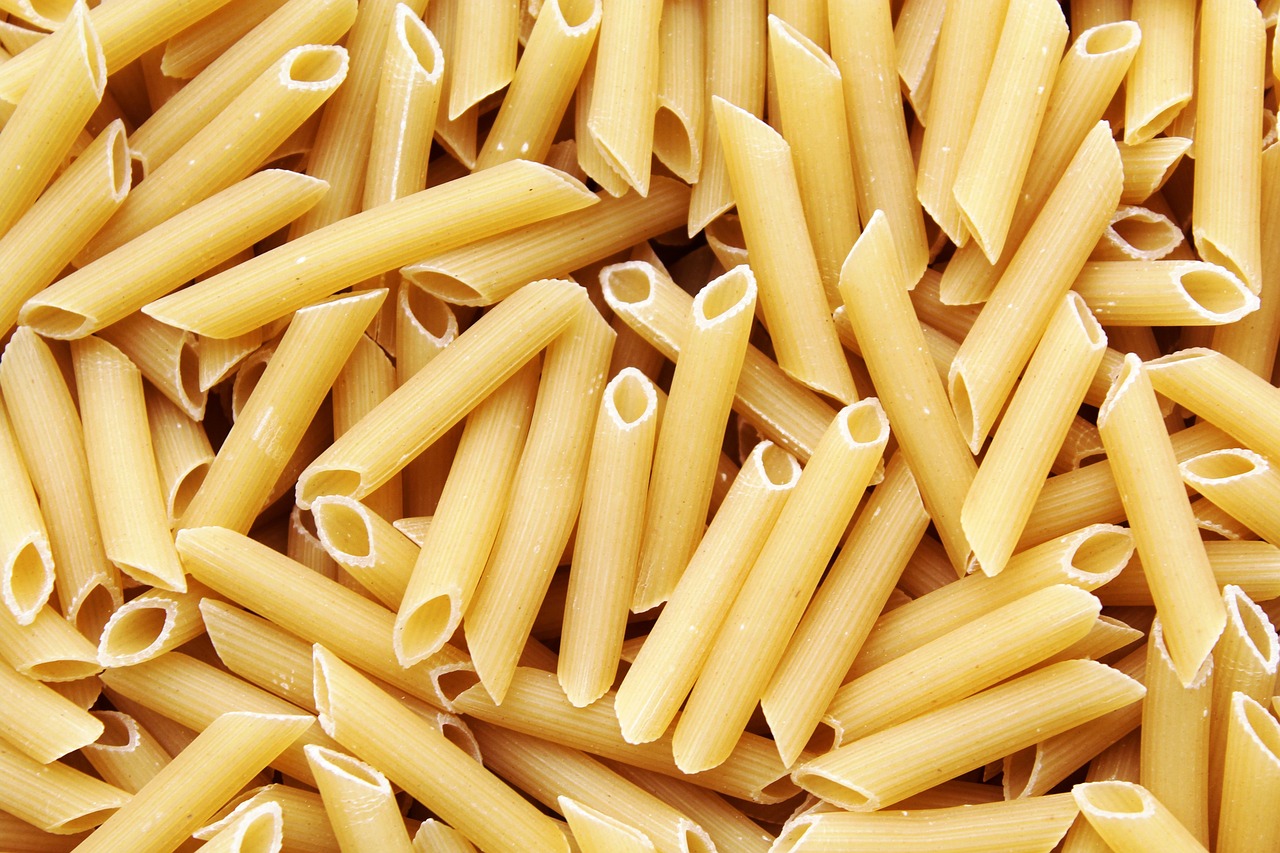“`html
Staying hydrated is essential for maintaining optimal body function and overall health. While many of us are aware of the importance of drinking water, various factors can affect our hydration levels, including climate, physical activity, and diet. This blog post will provide you with effective hydration tips that you can easily incorporate into your daily routine, ensuring that you remain well-hydrated no matter your circumstances. Let’s dive into the details of how to keep your body hydrated and mind sharp!
Understanding the Importance of Hydration
Hydration is not just about quenching thirst; it plays a critical role in numerous bodily functions. Here are some key points on the importance of staying hydrated:
- Regulates Body Temperature: Proper hydration helps maintain your body’s temperature, especially during exercise.
- Supports Digestive Health: Staying hydrated aids in digestion and prevents constipation.
- Enhances Physical Performance: Hydration is crucial for endurance and strength during workouts.
- Boosts Energy Levels: Dehydration can lead to fatigue and decreased performance.
Research suggests that even mild dehydration can impair brain function, so understanding how to stay hydrated is vital.
Daily Hydration Goals
Setting daily hydration goals can help you track your intake more effectively. Here are some recommendations:
Recommended Water Intake
- The National Institutes of Health suggests around 3.7 liters (about 13 cups) for men and 2.7 liters (about 9 cups) for women daily.
- An easy method to calculate personal needs is to divide your body weight in pounds by 2 to find the minimum number of ounces you should drink each day.
Tracking Your Intake
- Use Apps: Consider hydration tracking apps that send reminders and log your intake.
- Set Goals: Create daily goals, like 8 cups per day or a specific water bottle number.
- Visual Aids: Use marked water bottles to visualize and track your progress throughout the day.
Incorporating Hydrating Foods
Staying hydrated doesn’t have to rely solely on drinking fluids. Sure, water is essential, but many fruits and vegetables can help supplement your liquid intake. Here are some hydrating foods to consider:
Top Hydrating Foods
- Cucumbers: 95% water content.
- Watermelon: A delicious, hydrating snack with 92% water content.
- Celery: Contains about 95% water and can be a low-calorie snack.
- Strawberries: Fresh strawberries have about 91% water content.
Smart Hydration Strategies During Exercise
When you engage in physical activity, your hydration needs increase. Here are some strategies to ensure adequate fluid intake during workouts:
Pre-Workout Hydration
- Drink water 2-3 hours before exercising.
- Consider electrolyte drinks if you will exercise longer than an hour.
During and Post-Workout Hydration
- Drink 7-10 ounces of water every 10-20 minutes during your workout.
- After exercising, rehydrate with water and consider drinking a recovery beverage that contains electrolytes.
Recognizing Signs of Dehydration
It’s crucial to recognize the signs of dehydration so you can act quickly. Here are some common symptoms:
Signs and Symptoms of Dehydration
- Thirst: The body’s primary signal that you need more fluids.
- Dark Urine: Concentrated urine is a sign that you’re not drinking enough water.
- Fatigue: Low energy levels can be a result of dehydration.
- Dizziness: Feeling lightheaded, especially when standing up quickly.
Monitoring these signs can help manage your hydration levels effectively.
Conclusion
Staying adequately hydrated is crucial for physical and mental well-being. By understanding your hydration needs, tracking your intake, incorporating hydrating foods, and recognizing the signs of dehydration, you can ensure that you maintain optimal hydration levels. Implement these actionable hydration tips into your daily routine, and you’ll not only improve your physical performance but also enhance your overall quality of life. Remember, water is life — make it a priority!
“`






